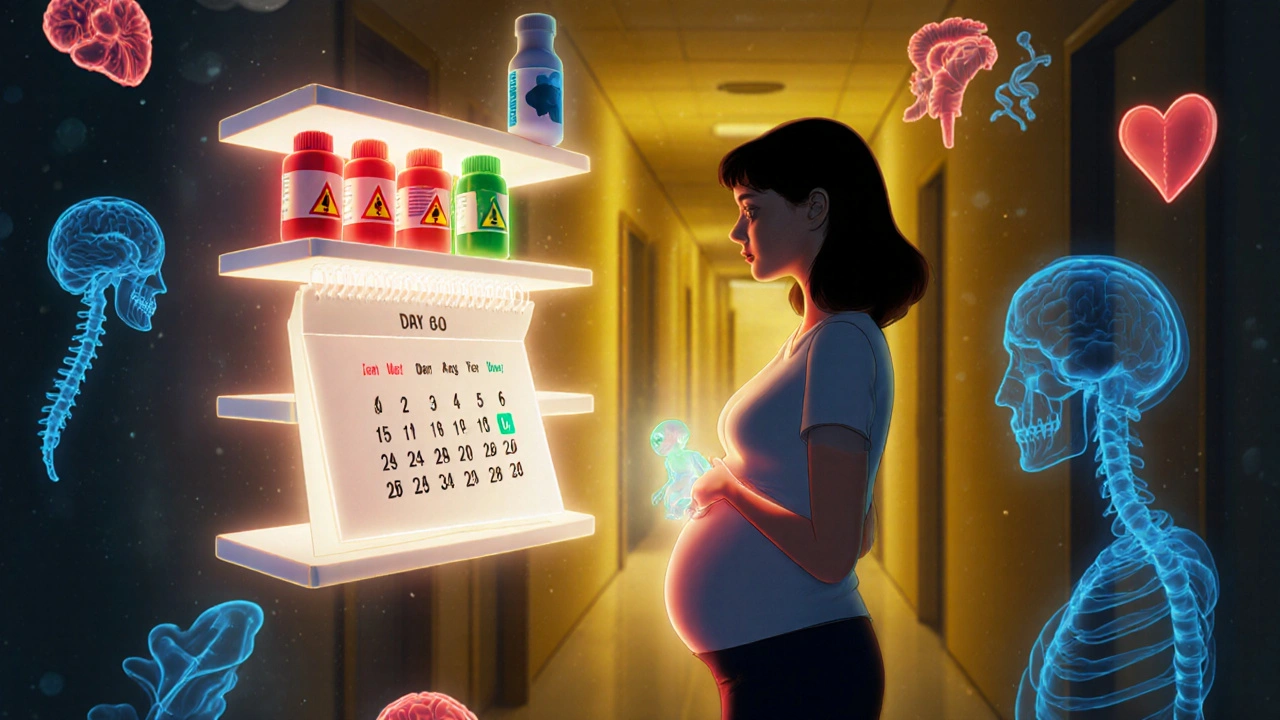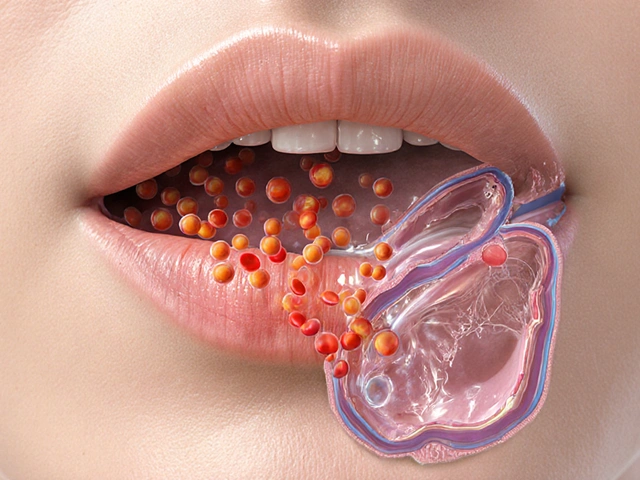Birth Defects: Causes, Prevention, and What You Need to Know
When a baby is born with a structural or functional problem that started before birth, it’s called a birth defect, a physical or biochemical abnormality present at birth that can affect any part of the body. Also known as congenital anomalies, these conditions can range from a cleft lip to heart malformations or neural tube issues, and they affect about 1 in every 33 babies in the U.S. every year. Most birth defects happen during the first three months of pregnancy, when organs are forming. They’re not always inherited — many come from a mix of genes, environment, and chance.
Some genetic disorders, conditions caused by changes in DNA that can be passed from parent to child like Down syndrome or cystic fibrosis are linked to specific gene mutations. Others, like spina bifida or heart defects, may be triggered by things like uncontrolled diabetes, certain medications, or lack of folic acid before and during early pregnancy. Prenatal care, medical checkups and screenings during pregnancy to monitor both mother and baby’s health plays a huge role in spotting risks early. Ultrasounds, blood tests, and genetic screenings can flag potential problems, giving families time to prepare or explore options.
Not all birth defects can be prevented, but many risks can be lowered. Taking folic acid before conception cuts neural tube defect risk by up to 70%. Avoiding alcohol, tobacco, and unapproved drugs during pregnancy matters more than most people realize. Even some common antibiotics or acne meds can interfere with fetal development if taken without medical guidance. If you’re planning a pregnancy or already pregnant, talk to your doctor about your meds, your family history, and your lifestyle. It’s not about fear — it’s about awareness.
What you’ll find here are real, practical guides based on actual patient experiences and medical research. From how certain drugs like those in DailyMed labels might impact fetal development, to how blood thinners or hormone therapies interact with pregnancy, this collection cuts through the noise. You’ll see how conditions like gestational diabetes or thyroid disorders tie into birth defect risks, and what steps actually help. No fluff. No guesswork. Just clear, usable info from trusted sources — the kind you wish you’d found sooner.

Pregnancy and Medications: What You Need to Know About Teratogenic Risks and Birth Defects
Learn which medications can cause birth defects during pregnancy, how timing affects risk, and what to do if you're taking drugs before or during pregnancy. Get clear, science-backed guidance on teratogens and safe alternatives.
Categories
- Medications (71)
- Health and Medicine (62)
- Health and Wellness (37)
- Online Pharmacy Guides (16)
- Nutrition and Supplements (9)
- Parenting and Family (3)
- Environment and Conservation (2)
- healthcare (2)
- prescription savings (1)
Popular Articles



